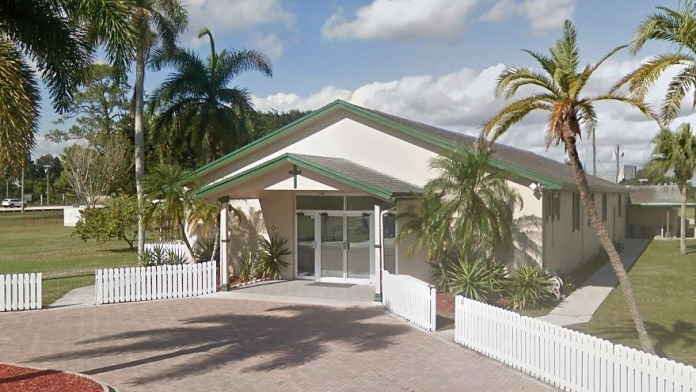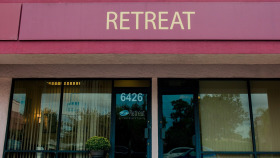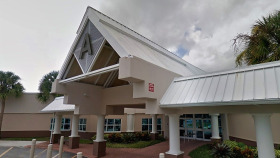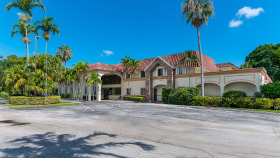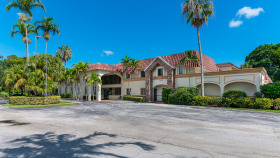About Faith Farm Ministries Boynton Beach Recovery Campus
Faith Farm Ministries Boynton Beach Recovery Campus is located in Boynton Beach Florida and offers its services to men and women who are struggling with drug and alcohol addiction in a faith-based setting. inpatient treatment and aftercare services are offered to the client at this facility. Furthermore, this facility resides on a large campus that includes work training for the clients to re-enter society.

